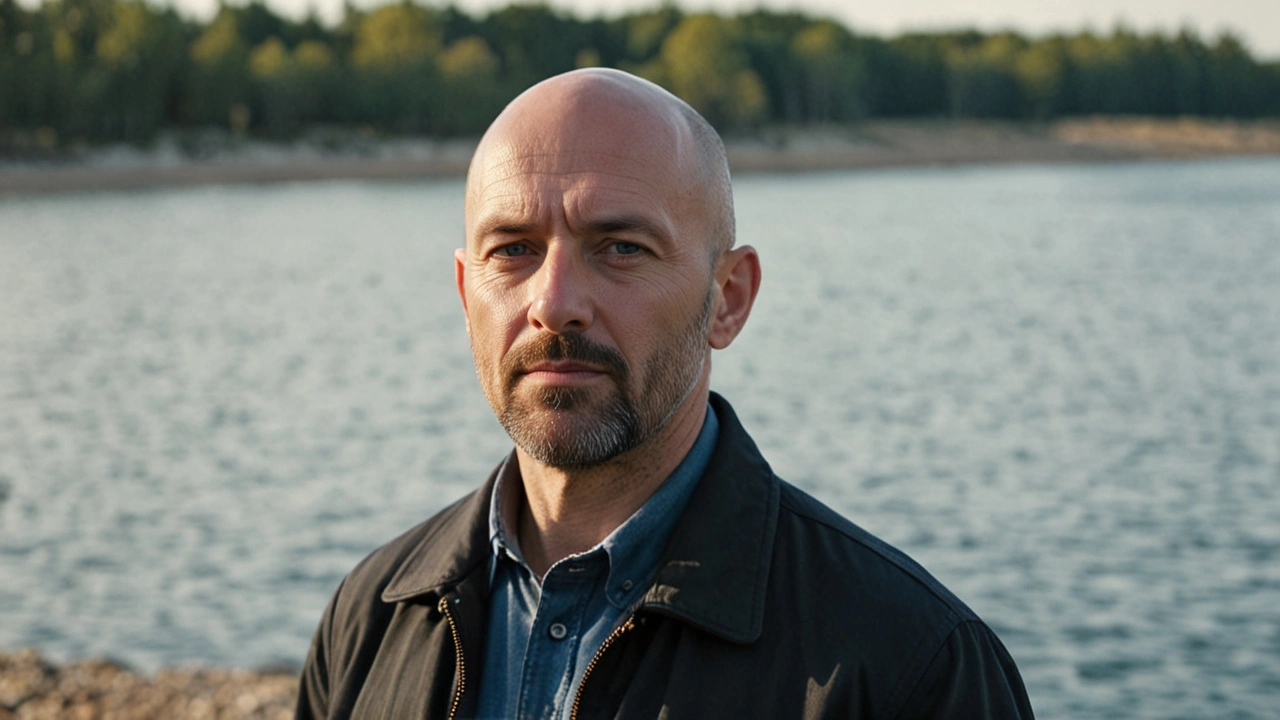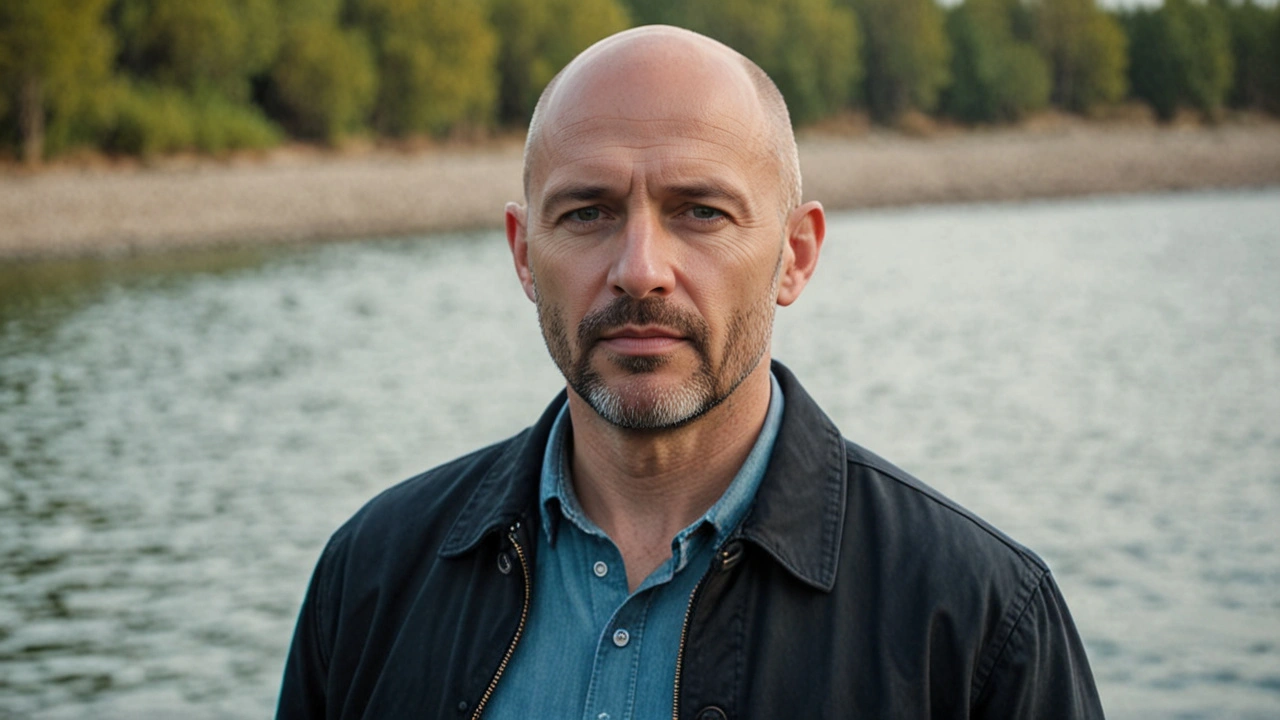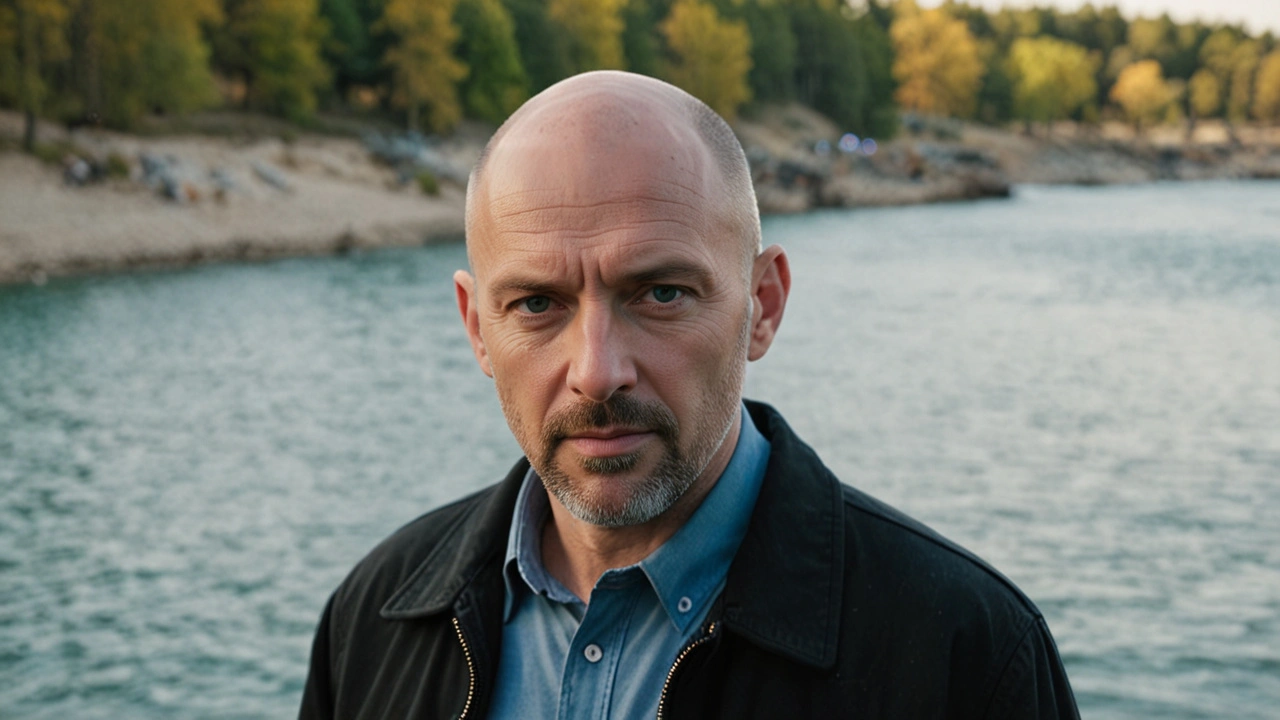 Jul, 16 2024
Jul, 16 2024
Senzo Mchunu Takes Helm, Promises Action
Senzo Mchunu, the newly appointed Police Minister of South Africa, has begun his tenure with a critical meeting with the police management team. The purpose of this encounter was to gain a comprehensive understanding of the current challenges within the police force. This step is pivotal in strategizing the future course of action to combat crime more effectively. Mchunu's approach is seen as a fresh breeze following the leadership of his predecessor, Bheki Cele. His focus on rebuilding trust within the community and the police workforce is a top priority.
The South African Police Service (SAPS) has been battling against a wave of crime that has left the public wary and critical of its efficacy. South Africa's crime rates have long been a sore point, and the new Minister’s hands-on approach could spell a substantial change. However, success hinges upon not just proclamations but concrete actions that follow. Mchunu's initial move to have a straightforward dialogue with the top brass is being hailed as the beginning of an era characterized by transparency and accountability.
Critical Issues: Trust and Resources
The restoration of public trust in the police has emerged as one of Mchunu's foremost challenges. Years of disenchantment have fostered a perception of the police as being ineffective and at times, corrupt. This has inevitably created a chasm between the community and the force meant to protect them. Mchunu's strategy must involve not just robust crime-fighting measures but also tangible administrative reforms that highlight the integrity and reliability of the police force.
The South African Policing Union (SAPU) has spotlighted several issues plaguing the organization. Among the most critical is the police-to-population ratio, which currently lags far behind the standards set by the United Nations. A shortage of personnel not only compromises the efficiency of crime prevention and investigation but also heightens the dangers that police officers face in their day-to-day operations. This imbalance underscores the need for increased recruitment and better training programs to arm the force with the necessary tools and manpower.
Legislative Changes on the Horizon?
One of the legislative changes proposed by SAPU involves classifying the killing of police officers as treason. This proposal aims to serve as a deterrent against attacks on law enforcement personnel. If approved, this classification will signify the gravity of such crimes and could potentially lower the rates of such tragic incidents. Mchunu's acceptance of honest feedback from police management has provided a platform for these discussions to take place, showing his openness to considering revolutionary changes for the betterment of both the police and the community.
Another crucial aspect is the insistence by SAPU that the police minister refrains from meddling in operational matters, an area constitutionally mandated to be under the national commissioner’s purview. This separation of roles is deemed essential for maintaining the operational efficacy and autonomy of the police force. The union insists that any effective reform must respect these boundaries to avoid compromising the overall structure and functionality of the police.
Community's Expectation for a Fresh Start
As Senzo Mchunu steps into his new role, the expectations from both the community and experts are high. Bheki Cele's tenure saw a myriad of challenges and criticisms, which have now cast a long shadow. The hope is that Mchunu's leadership will bring about new methodologies and strategies that can reinvigorate the policing system. His willingness to engage deeply with the issues at hand signifies a promising start, but the road ahead is fraught with complexities that will require more than just good intentions.
Community members are particularly hopeful that Mchunu's fresh perspective and proposed strategies will manifest into tangible changes that reduce crime and enhance public safety. For too long, the gap between the police force and the community has been widening, affecting not only the effectiveness of the police but also the overall sense of security in the country. Mchunu's task is to bridge this gap, ensuring that the police and the public work together cohesively to create a safer environment.

A Look at the Road Ahead
Mchunu's initial interaction with the police’s top brass has set the stage for a crucial journey of transformation. The issues are multi-faceted and will require a multi-pronged approach. Increasing police numbers, improving training standards, and ensuring proper distribution of resources are steps that can no longer be postponed. Mchunu’s leadership will be under constant scrutiny, and his ability to implement effective changes will be closely watched.
Transparency and consistent communication between the police, the government, and the community are vital. Regular updates on crime-fighting progress and administrative reforms will keep the public informed and engaged. This practice not only helps in rebuilding trust but also ensures accountability at every level of the police force.
Additionally, specialized units within the police force focusing on different aspects of crime, such as cybercrime, gender-based violence, and organized crime, need to be strengthened. These units require specific training and resources to tackle the unique challenges they present effectively. Under Mchunu’s guidance, a more focused approach towards specialized crime could lead to significant breakthroughs in reducing crime rates.
Emphasizing Community Policing
One strategy that could potentially transform policing is the concept of community policing. This approach emphasizes building strong partnerships between the police and the community. By fostering trust and cooperation, the police can gain valuable insights and support from the community, which are crucial for effective crime prevention and solution. Community policing initiatives, including neighborhood patrols and community crime awareness programs, can play a pivotal role.
Moreover, incorporating technology in policing, such as surveillance systems, data analysis tools, and communication platforms, can enhance the efficiency and reach of the police force. Investments in such technologies are essential for modernizing the police force and preparing them to tackle contemporary forms of crime.
In essence, Mchunu’s approach needs to be holistic, addressing not only the symptoms of crime but also its root causes. This involves working with various stakeholders, including government agencies, non-profit organizations, and community leaders, to address underlying issues such as poverty, unemployment, and lack of education, which often contribute to criminal activities.

Conclusion: A Future of Hope
Senzo Mchunu's journey as the new Police Minister has begun with an essential dialogue and a transparent acknowledgment of the challenges ahead. His appointment has rekindled hope for a more effective and trustworthy police force. As he navigates the complex landscape of crime and policing, his actions will speak louder than his words. The community, experts, and the police force will be keenly watching for substantial changes that improve public safety and restore trust.
The road ahead may be challenging, but with the right strategies and a committed approach, Mchunu has the opportunity to make lasting and meaningful changes. The foundation laid by honest communication and a willingness to engage deeply with the issues sets a promising precedent for the future of South African policing. Only time will tell how these initial steps will translate into long-term successes, but the sentiment of hope and anticipation is palpable.

pradeep kumar
July 16, 2024 AT 18:21Senzo Mchunu’s “fresh breeze” sounds like political hype. The police‑to‑population ratio remains disastrous, and nothing changes without real funding. A meeting with top brass is a nice PR stunt, not a solution. He’ll need measurable targets, not just talk.
love monster
July 16, 2024 AT 18:39The strategic pivot towards community policing that Mchunu is touting could be a game‑changer if executed with rigor.
Leveraging data‑driven analytics for hotspot identification allows resources to be allocated where they matter most.
Integrating real‑time surveillance feeds with predictive modeling can cut response times dramatically.
Moreover, fostering public‑private partnerships will inject much‑needed capital into under‑resourced precincts.
Training modules that emphasize de‑escalation and cultural competence will help bridge the trust deficit.
The SAPU’s proposal to classify attacks on officers as treason, while draconian, signals a zero‑tolerance stance that could deter violent assaults.
However, any legislative overhaul must respect the constitutional separation of operational command to avoid bureaucratic bottlenecks.
Empowering specialized units-cybercrime, gender‑based violence, organized crime-requires both advanced toolkits and continuous skill upgrades.
Deploying mobile forensic labs in high‑crime districts can accelerate evidence collection and case closure rates.
Community liaison officers should be embedded in neighborhoods to gather intelligence organically.
Incentivizing whistleblowing within the force can surface internal corruption before it erodes public confidence.
Scaling up recruitment drives, combined with merit‑based progression pathways, will gradually correct the personnel shortfall.
Transparent dashboards that publish weekly crime stats will keep citizens informed and hold the SAPS accountable.
Investing in body‑camera technology not only protects civilians but also shields officers from unfounded accusations.
Finally, a holistic approach that addresses socioeconomic drivers of crime-unemployment, education gaps-will sustain long‑term safety.
If Mchunu can align political will with operational excellence, this “fresh breeze” may finally translate into measurable peace of mind for South Africans.
Christian Barthelt
July 16, 2024 AT 19:13The article mistakenly claims that “the road ahead may be challenging” while ignoring the existing structural bottlenecks. Firstly, “a fresh breeze” is a clichéd metaphor-opt for precise terminology. Secondly, the phrase “increase police numbers” omits the necessity of “training” as a distinct verb. Thirdly, the SAPU’s treason proposal warrants a legal analysis beyond the article’s superficial mention. In short, the piece benefits from tighter prose and factual depth.
Ify Okocha
July 16, 2024 AT 19:46The so‑called “holistic approach” is nothing more than a buzzword‑laden checklist that ignores the root cause: systemic corruption. Your 16‑sentence manifesto glosses over the fact that SAPS budget allocations have historically been mismanaged, rendering any tech investment moot. Moreover, community liaison officers often become scapegoats rather than genuine intelligence assets, a nuance you conveniently omitted. The treason classification proposal could backfire, inflaming tensions instead of deterring attacks, a point you failed to address. Ultimately, without a transparent audit of existing resources, all these lofty recommendations remain academic exercises.
William Anderson
July 16, 2024 AT 20:36Alas, another ministerial tableau of empty promises!
Sherri Gassaway
July 16, 2024 AT 21:26One might contemplate whether the pursuit of “measurable targets” merely quantifies governance or reduces humanity to a ledger of statistics. The tension between institutional rigidity and the fluidity of societal trust reflects a deeper metaphysical dilemma: can order be imposed without eroding the very fabric it seeks to protect? Intrusive as it may seem, probing the moral calculus behind punitive legislation reveals the ethical fissures within the state. If justice is to be served, it must be tempered by wisdom rather than sheer force. Thus, the minister’s agenda should be examined not only for efficacy but for its alignment with the collective conscience of the nation.